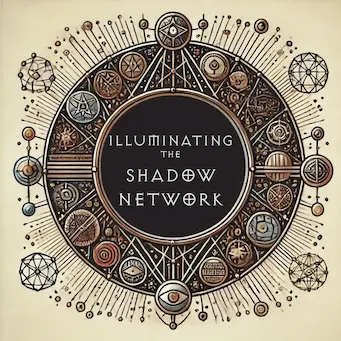Bruce Frohnen
Role: Contributor
Position: Professor of Law at Ohio Northern University College of Law
Background:
Bruce Frohnen is a Professor of Law at Ohio Northern University College of Law, specializing in constitutional law, legal history, and political philosophy. He holds a JD from Emory University School of Law and a PhD in Government from Cornell University. Frohnen is known for his extensive writings on constitutionalism, the rule of law, and American political thought. His academic career is complemented by his involvement with various conservative and libertarian think tanks, such as the Russell Kirk Center for Cultural Renewal, where he serves as a Senior Fellow. He has also published numerous books and articles that are influential in conservative circles.
Relation to Trump:
While Bruce Frohnen did not hold a formal position in the Trump administration, his conservative legal philosophy and scholarly work align with many of the principles that were emphasized during Trump’s presidency, such as originalism and strict constitutional interpretation. Frohnen’s association with conservative think tanks, which contribute to initiatives like Project 2025, further connects his work to broader conservative goals that resonate with Trump’s legal and judicial agenda.
Scandals or Controversies:
Bruce Frohnen has not been involved in any major personal scandals. His academic and public commentary on constitutional law and political philosophy have been subject to debate, particularly within academic and legal communities, but there are no significant controversies directly associated with him.
Potential Concerns:
Frohnen’s conservative stance on constitutional issues and his involvement with think tanks that support limited government and traditional constitutionalism may be polarizing. Critics might argue that his perspectives could overlook modern social justice issues and equality, leading to contentious discussions in both academic and public policy circles.


